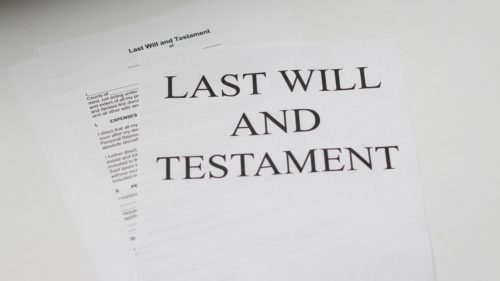
In some cases, a beneficiary may need to contest a will. Continue reading to learn more about what an invalid will might look like and what your options are. Contact our firm today to speak with one of our skilled Pennsylvania estate planning attorneys.
Why should I contest a will?
An individual may contest a will for several reasons. For example, a person may contest a will if he or she believes there is an issue with the validity of the will, they did not get a fair share, etc. A will can be contested by the executor of the will, any heirs, spouses, creditors, or anyone else with a property right or claim against the estate. Below are the reasons a will would be found invalid:
- If the will was not executed properly
- If fraud or forgery took place
- If it was created under the influence of another party
- If the deceased was not mentally competent when writing the will
What if the will is invalid?
If a court deems a will invalid, it will likely be thrown out. In the event that there is no other will, the deceased individual’s assets will be passed on through the Pennsylvania succession plan.
If you are interested in contesting your will, it is in your best interest to reach out to our firm today to speak with an experienced estate planning attorney. Our legal team understands that after the passing of a loved one, litigation is the last thing families will want to deal with. That is why you should reach out to our firm to discuss your options. Our attorneys are dedicated to ensuring that your estate planning needs are taken care of with ease.
What makes a will valid?
A valid will must contain several specific factors. A valid will abides by the following guidelines:
- The testator must either sign the will themselves or another person must sign the testator’s name at their direction and in their presence
- At least two people must witness the signature and sign their names on the will within 30 days of each other
- The testator must be at least 18 years old and of “sound mind and memory”
- At some point during the will’s execution and attestation, the testator must tell each witness that the document is their will
If you have questions on whether or not a will is valid, do not hesitate to reach out to our firm today to speak with our legal team.
CONTACT OUR EXPERIENCED PENNSYLVANIA FIRM
Whether you are dealing with matters involving estate planning, estate administration, or elder law, you need a legal team that you can feel confident will represent your best interests, every step of the way. We are that legal team. Contact Heritage Elder Law & Estate Planning today so we can get started.
